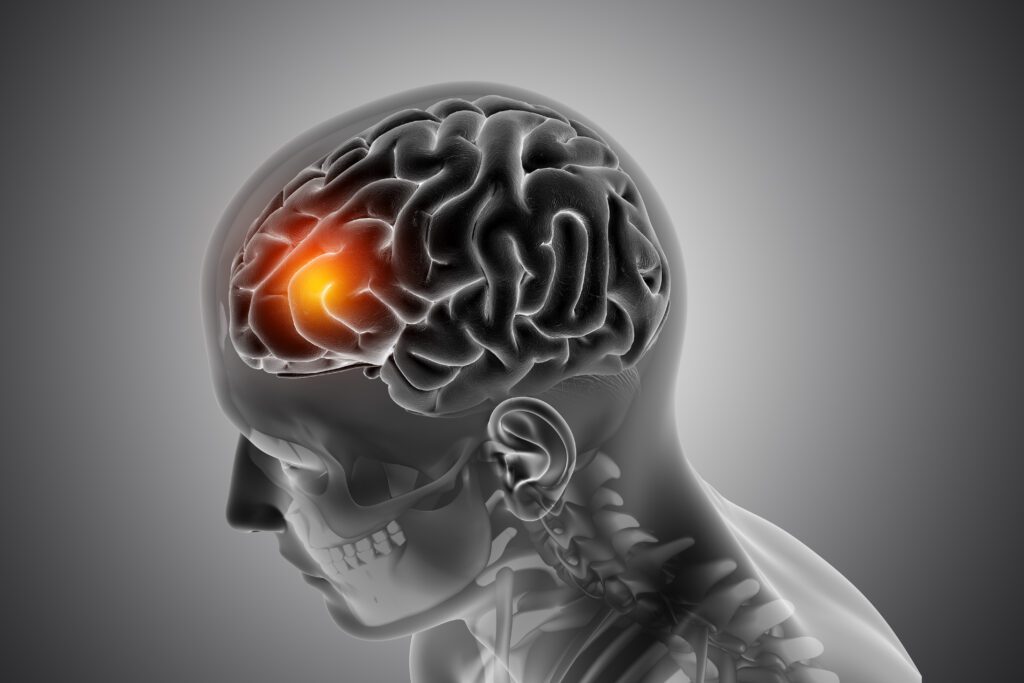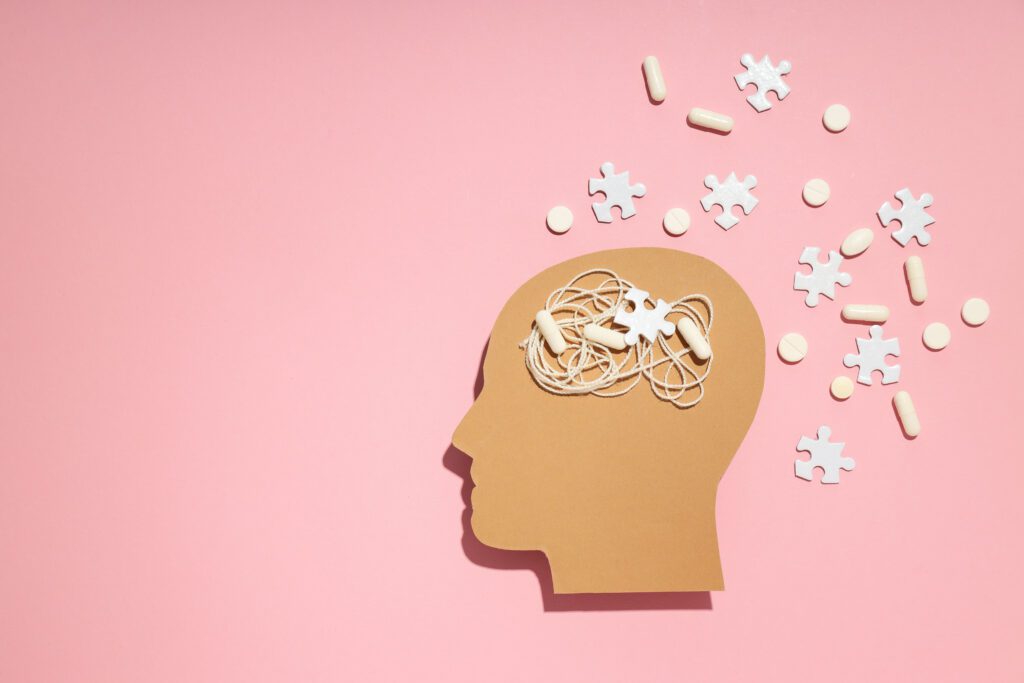In today’s fast-paced world, stress has become an unavoidable part of our lives. It’s important to understand the science behind relaxation and its profound impact on our overall well-being. In this post, we will look into the fascinating world of relaxation, exploring how stress affects the body, mind, and various aspects of our lives. We will also provide actionable strategies and techniques to help you effectively manage stress and promote relaxation for optimal healing, wellness, and sports performance.

THE PHYSIOLOGY OF CHRONIC STRESS:
While we often associate the “fight-or-flight” response with immediate threats or high-stress situations, it’s crucial to understand that chronic stress can keep our body and mind in a constant state of heightened activation. Daily stressors, such as work pressure, relationship challenges, financial worries, or ongoing life demands, can trigger a persistent stress response that affects our physiological and psychological well-being.
When we experience chronic stress, the hypothalamic-pituitary-adrenal (HPA) axis and the sympathetic nervous system remain highly active, keeping our body prepared to face perceived threats. This prolonged activation leads to a cascade of physiological changes, including the release of stress hormones like cortisol and adrenaline. Over time, the continuous exposure to these stress hormones can have profound effects on various systems within our body.
Impact on the Body:
1. Cardiovascular System: Chronic stress can elevate blood pressure and increase the risk of heart disease. It causes the heart to work harder, leading to a sustained increase in heart rate and blood vessel constriction.
2. Immune System: Prolonged stress suppresses immune function, making us more susceptible to infections, illnesses, and slower healing. It disrupts the balance of immune cells, impacting the body’s ability to fight off pathogens effectively.
3. Digestive System: Chronic stress can disrupt digestion and nutrient absorption, leading to digestive disorders such as irritable bowel syndrome (IBS), acid reflux, and stomach ulcers. It can also cause appetite changes and contribute to unhealthy eating patterns.
4. Musculoskeletal System: The continuous activation of the stress response can result in muscle tension, stiffness, and pain. Chronic stress can exacerbate conditions like tension headaches, temporomandibular joint disorder (TMD), and contribute to the development of musculoskeletal imbalances.
Impact on the Mind:
1. Emotional Well-being: Chronic stress can contribute to mood disorders such as anxiety and depression. It can lead to increased irritability, feelings of overwhelm, and a decreased ability to cope with everyday challenges.
2. Cognitive Function: Prolonged stress can impair memory, concentration, and decision-making abilities. It can make it difficult to focus, problem-solve effectively, and perform tasks that require mental clarity.
3. Sleep Disturbances: Chronic stress often disrupts sleep patterns, making it challenging to fall asleep, stay asleep, or experience restorative sleep. This can further contribute to fatigue, decreased energy levels, and impaired cognitive function.
By understanding the physiological impact of chronic stress, we can appreciate the importance of incorporating relaxation practices into our daily lives. Relaxation techniques help counteract the stress response, activate the body’s relaxation response, and restore balance to our physiological systems.
STRESS AND HEALING:
Chronic stress can also interfere with the body’s natural healing mechanisms. It can disrupt the production of growth factors, delay tissue repair, and increase inflammation. However, by engaging in relaxation practices, we can counteract the negative effects of stress and create an optimal environment for healing and recovery. Relaxation techniques such as deep breathing, meditation, and progressive muscle relaxation can help activate the body’s relaxation response, reduce inflammation, promote cellular repair, and accelerate the healing process.
STRESS AND SPORTS PERFORMANCE:
Athletes are particularly vulnerable to the effects of stress on performance. While certain levels of stress before performing can be helpful, if levels are too high or sustained for long periods of time it is detrimental. Pre-competition anxiety, pressure to perform, and the physical demands of training can all contribute to elevated stress levels. By incorporating relaxation techniques into their routine, athletes can manage stress, improve focus, enhance recovery, and optimize performance. Techniques like visualization, mindfulness, and breath control can help regulate heart rate, calm the mind, promote mental clarity, and reduce muscle tension, allowing athletes to perform at their best.
MODALITIES FOR RELAXATION AND STRESS RELIEF:
At Evergreen Body Balance, we offer two powerful modalities that promote relaxation and stress relief: Myofascial Release Therapy and Microcurrent Point Stimulation. Myofascial Release Therapy gently releases tension and restrictions in the fascia, promoting deep relaxation, improved mobility, and enhanced body awareness. Microcurrent Point Stimulation utilizes low-level electrical stimulation to calm the nervous system, reduce pain, and facilitate relaxation. These modalities can be seamlessly integrated into a comprehensive approach to stress management, aiding in relaxation, pain relief, and overall well-being.
Incorporating Relaxation Techniques into Daily Life:
While our sessions at Evergreen Body Balance provide targeted relaxation and stress relief, it’s essential to incorporate relaxation techniques into daily life. Mindfulness exercises, breathwork, and guided meditations are simple yet effective practices that can be easily integrated into a busy schedule. By setting aside dedicated time for relaxation, we can cultivate a sense of calm, reduce stress levels, and enhance overall well-being. Additionally, practicing self-care through activities such as spending time in nature, engaging in hobbies, and connecting with loved ones can also contribute to a balanced and stress-free lifestyle.
CONCLUSION:
Understanding the science of relaxation empowers us to take charge of our well-being and counteract the negative effects of stress. By incorporating relaxation practices such as deep breathing, meditation, visualization, and utilizing modalities like Myofascial Release Therapy and Microcurrent Point Stimulation, we can tap into the body’s innate healing abilities, reduce stress, optimize performance, and nurture our overall wellness. At Evergreen Body Balance, we are dedicated to providing you with the knowledge, tools, and therapies to help you achieve balance, manage stress effectively, and experience a healthier, more relaxed you.
More reading:
- American Psychological Association (APA) - "Understanding Chronic Stress": This article from the APA explains the concept of chronic stress, its effects on the body and mind, and provides insights into managing and reducing stress.
- Mayo Clinic - "Chronic Stress: Ways to Manage": This Mayo Clinic article discusses the physical and emotional impact of chronic stress and offers practical tips and strategies for stress management.
- National Institute of Mental Health (NIMH) - "Stress": The NIMH provides an overview of stress, its effects on mental health, and coping mechanisms. This resource can be useful for understanding the psychological impact of chronic stress. Link:
- Harvard Health Publishing - "Understanding the Stress Response": This article by Harvard Health Publishing delves into the physiological mechanisms of the stress response and how chronic stress can impact various bodily systems.
- Learn more about MPS



